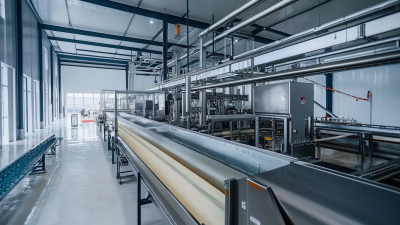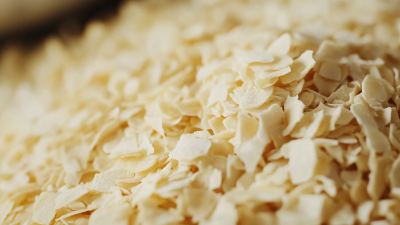
In the ever-evolving food industry, enhancing production efficiency is key to staying competitive and meeting consumer demands. One innovative solution gaining traction is the investment in a Potato Flakes Processing Line. This advanced machinery not only streamlines the production process but also significantly boosts output, with reports indicating efficiency improvements of up to 30%. In this article, we will explore how a Potato Flakes Processing Line operates, the technological advancements that make it indispensable, and the potential return on investment for companies looking to elevate their production capabilities. Whether you're a seasoned producer or considering entering the potato processing market, understanding the benefits of these specialized lines can transform your operations and enhance your profitability.
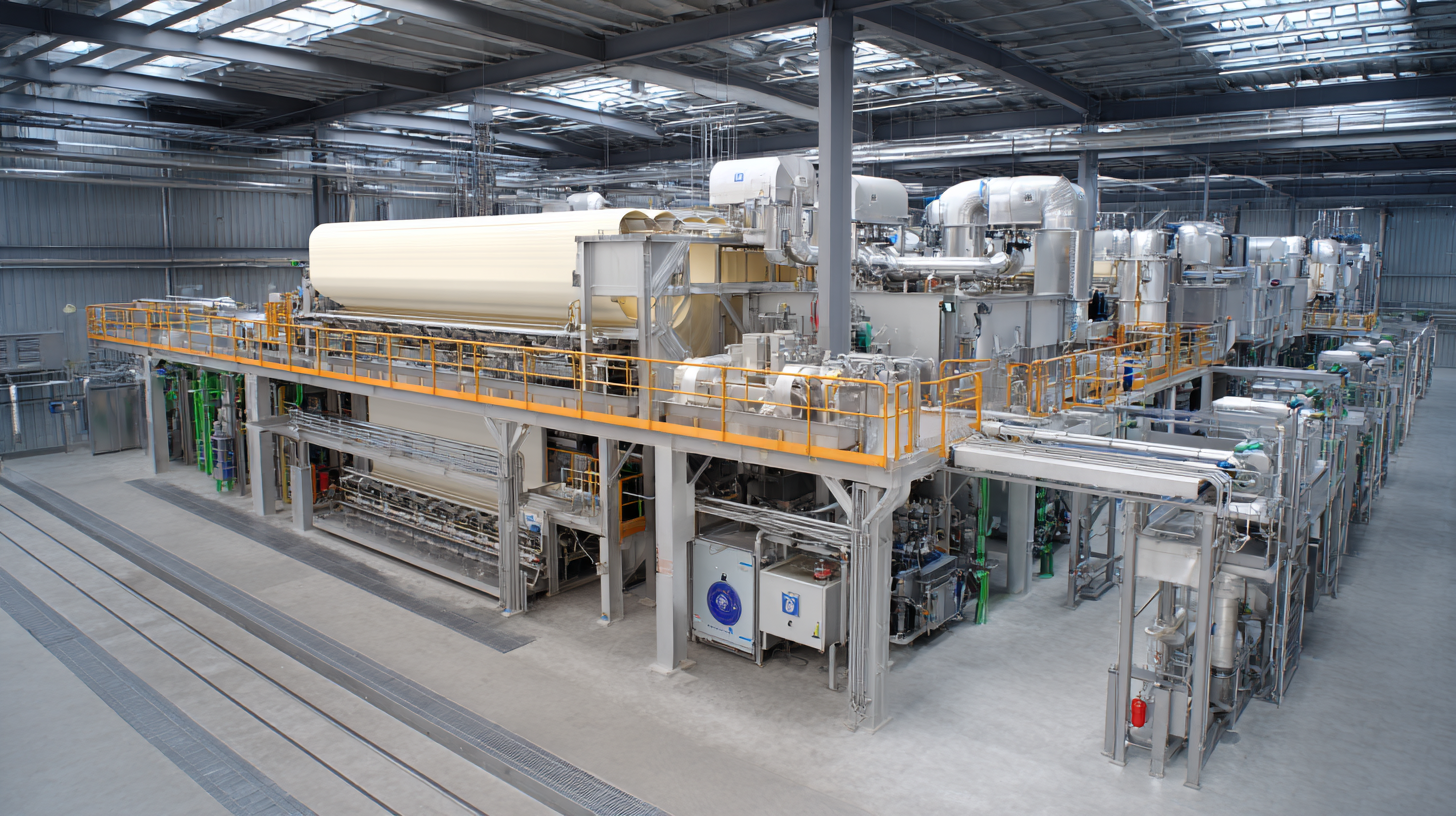
Investing in potato flakes processing lines can significantly enhance production efficiency in modern food manufacturing. According to a report by Mordor Intelligence, the global potato processing market is expected to grow at a CAGR of 5.2% from 2021 to 2026, reflecting increased demand for convenience foods. This trend highlights the importance of efficient processing systems that can meet consumer demands while reducing waste and optimizing output. By incorporating advanced potato flakes processing lines, manufacturers can boost their production efficiency by as much as 30%, a statistic supported by data from the Food Processing Technology survey.
Implementing these processing lines not only streamlines operations but also improves the quality of the final product. Automation in the processing phase reduces human error and minimizes labor costs. Moreover, modern equipment can handle larger volumes with reduced energy consumption. For instance, the use of high-efficiency dehydrators can cut down drying time by up to 25%, ensuring that manufacturers can respond quickly to market demands.
Tips:
Investing in high-efficiency potato flakes processing equipment can significantly enhance production capabilities. According to a recent report by the Food and Agriculture Organization (FAO), modern processing technologies can improve yield by up to 30% when compared to traditional methods. This is particularly crucial in today’s competitive market, where efficiency can directly impact profitability. Key features of these advanced processing lines include automated washing, peeling, and slicing systems, which not only reduce labor costs but also minimize wastage, contributing to a more sustainable production process.
Furthermore, the integration of advanced dehydration technologies ensures that all stages of production are optimized. The use of infrared or microwave drying techniques can cut processing time by as much as 50% while maintaining the nutritional quality of potato flakes. A study published in the Journal of Food Engineering highlighted that processors using energy-efficient technologies can see energy savings of 20-25%. As the demand for instant and convenient food options continues to rise, leveraging these state-of-the-art processing lines not only meets consumer needs but also positions businesses for future growth.
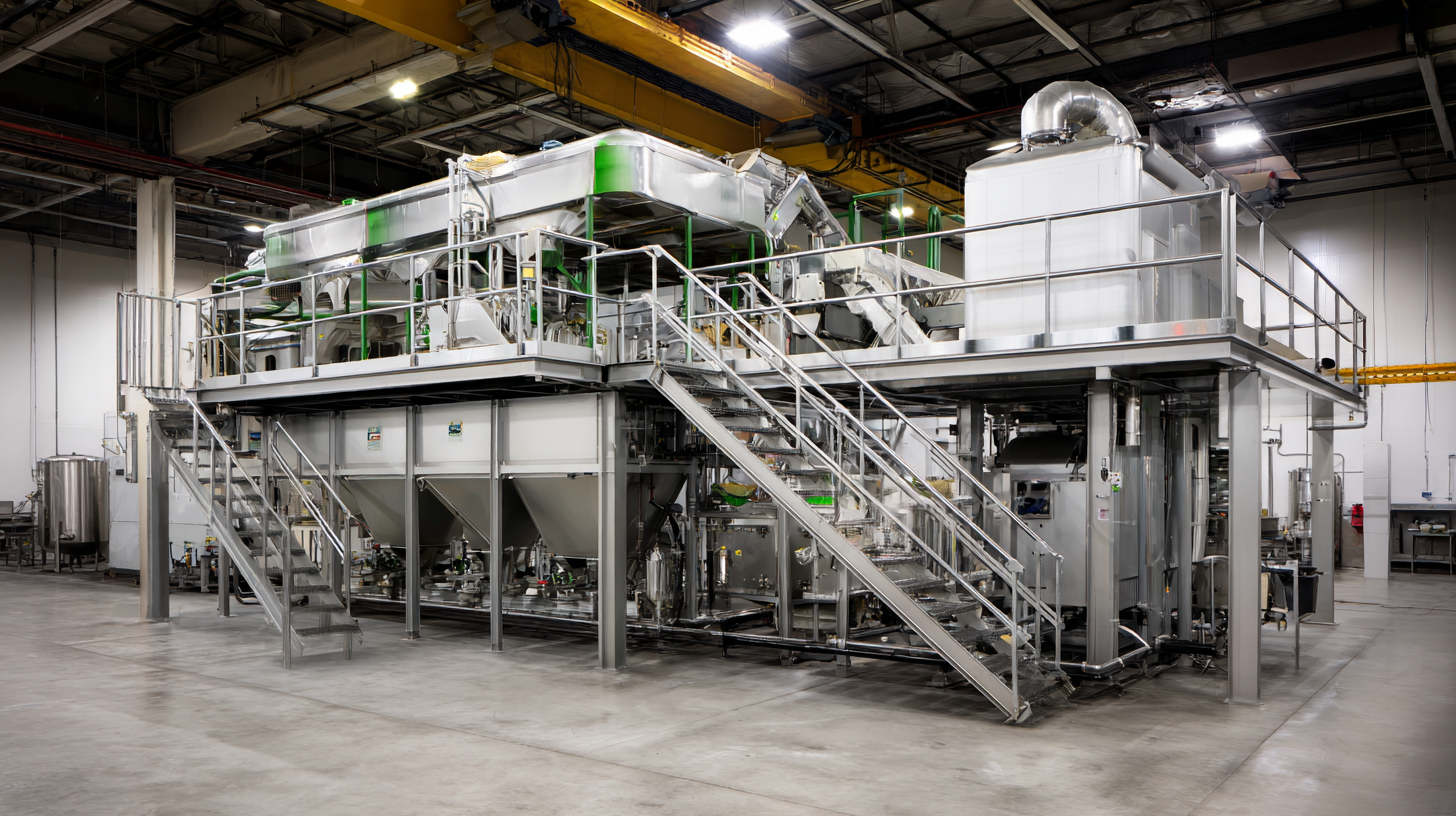
When evaluating the efficiency of potato flakes production, a crucial aspect to consider is the cost analysis between traditional methods and modern processing lines. Traditional production often involves labor-intensive manual processes and outdated machinery, which can lead to inconsistencies in product quality and longer processing times. This approach not only drains resources but also limits scalability and responsiveness to market demands.
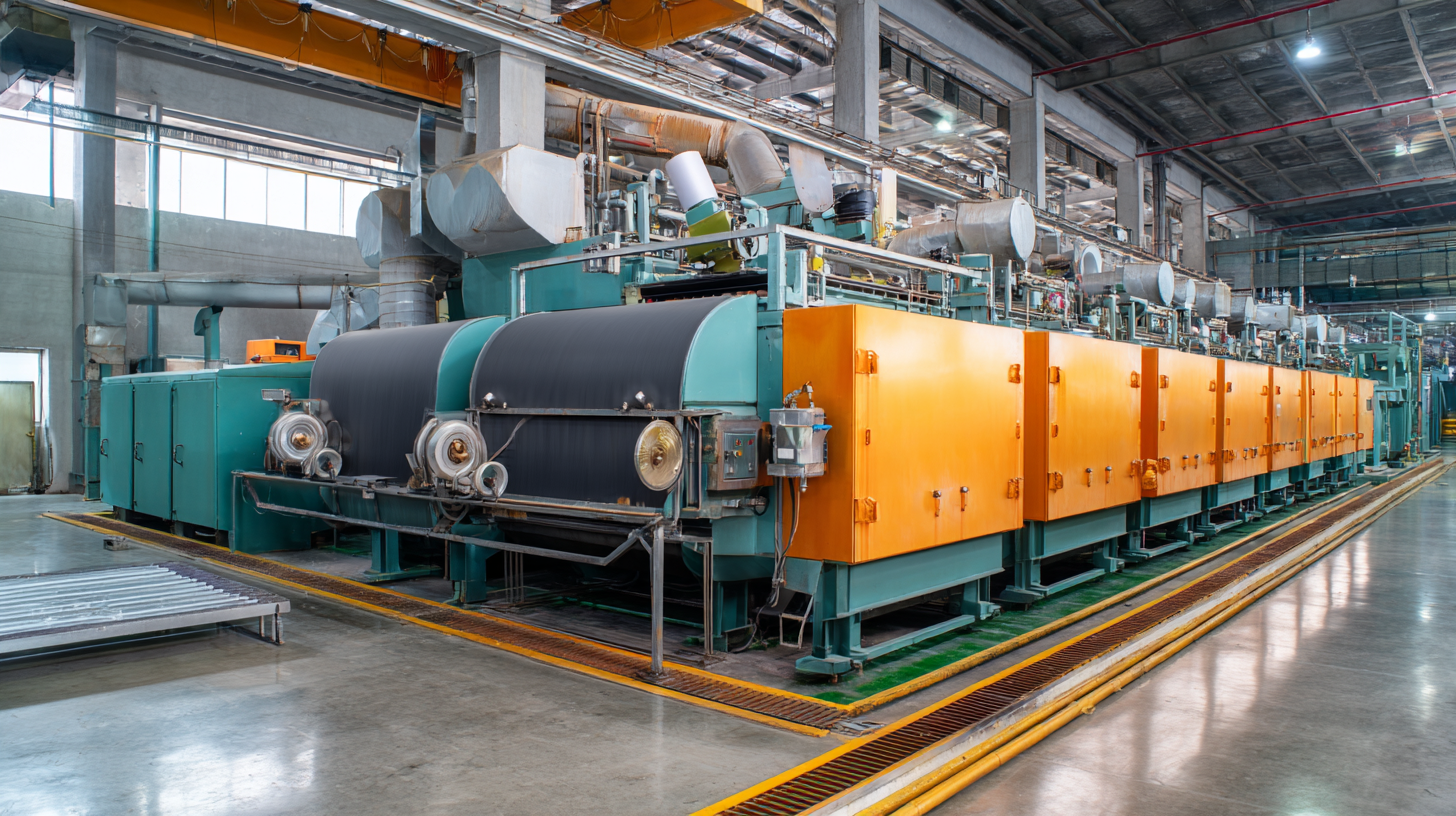
In contrast, investing in advanced potato flakes processing lines significantly reduces operational costs. By automating key stages of production, operators can enhance precision, minimize waste, and maintain high standards of quality. This not only accelerates the production cycle but also lowers labor costs over time. Additionally, modern processing lines are designed for better energy efficiency, contributing to overall savings. Consequently, businesses can expect not only to boost production efficiency by 30% but also to witness a healthier bottom line as a result of reduced costs associated with traditional processing methods.
Innovations in technology have revolutionized the potato flakes processing industry, allowing manufacturers to significantly enhance production efficiency. The integration of advanced machinery, automated sorting systems, and real-time monitoring software has streamlined operations, enabling companies to reduce waste and optimize output. For instance, advanced drying technologies ensure that moisture levels are consistently regulated, resulting in a higher quality product while minimizing energy consumption.
Tips: Investing in state-of-the-art processing equipment can lead to significant time savings in production. Regular maintenance of machinery is essential to avoid unexpected downtime, which can disrupt efficiency. Moreover, training staff on new technologies can ensure smoother transitions and maximize the potential of these innovations.
Additionally, implementing data analytics tools can provide valuable insights into production trends and bottlenecks. By analyzing this data, businesses can make informed decisions to refine their processes further. Utilizing automation in repetitive tasks not only speeds up the workflow but also allows human resources to focus on more strategic activities, enhancing overall productivity in the potato flakes processing line.
| Processing Line Type | Efficiency Improvement (%) | Automation Level | Cost Reduction (%) | Energy Consumption (kWh/kg) |
|---|---|---|---|---|
| Basic Processing Line | 10% | Low | 5% | 0.8 |
| Semi-Automatic Processing Line | 20% | Medium | 10% | 0.6 |
| Fully Automated Processing Line | 30% | High | 15% | 0.4 |
| Advanced Processing Line with IoT | 35% | Very High | 20% | 0.3 |
Potato flakes processing lines have transformed the way food manufacturers optimize their production processes. Several case studies illustrate how companies have harnessed this technology to achieve remarkable increases in yield and efficiency. For instance, a medium-sized manufacturer in Europe reported a 35% boost in production capacity after upgrading to a modern potato flakes line. The new equipment allowed for faster dehydration and processing times, resulting in a higher output of quality flakes, which fueled greater demand from retailers.
Another success story comes from a company in North America that focused on sustainability alongside efficiency. By implementing a state-of-the-art potato flakes line, they not only increased their yield by 30% but also significantly reduced waste. This innovative line included advanced sorting and processing technologies that optimized raw material usage and minimized the energy required for production. As a result, the company not only improved its bottom line but also enhanced its reputation as an environmentally responsible business, attracting eco-conscious consumers.
